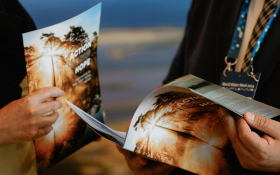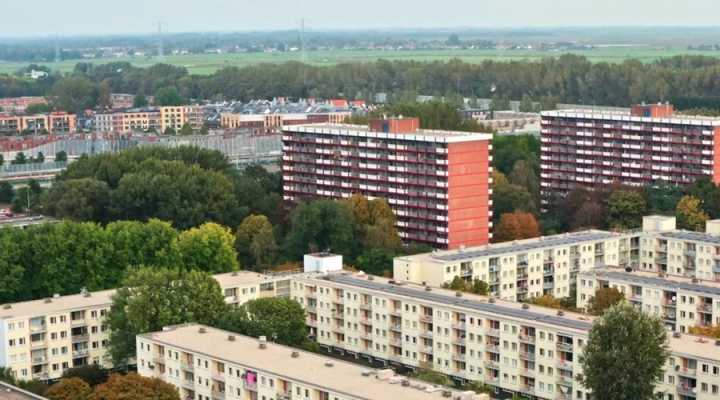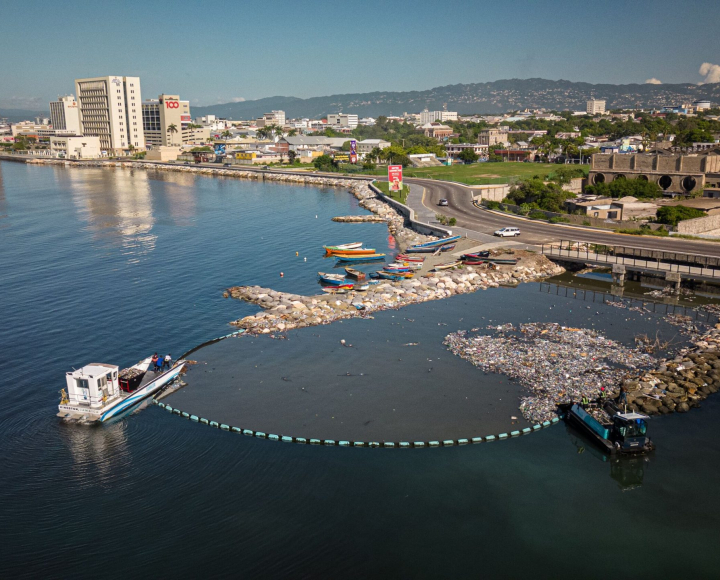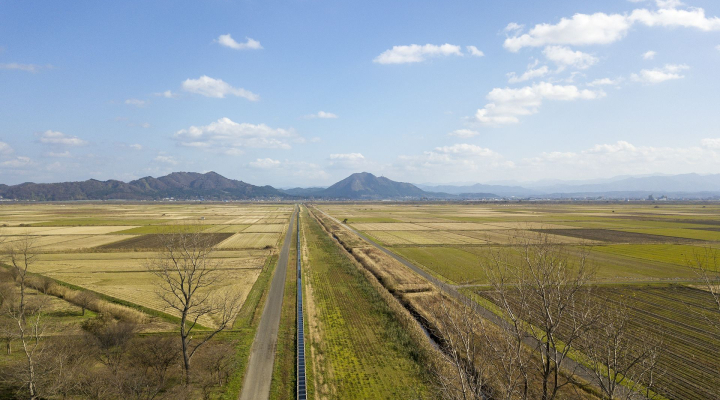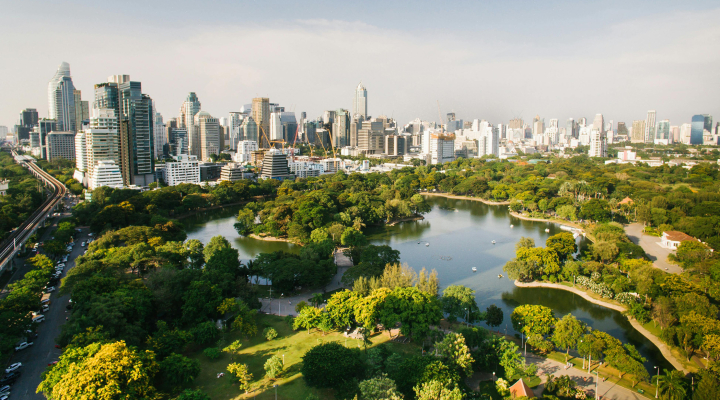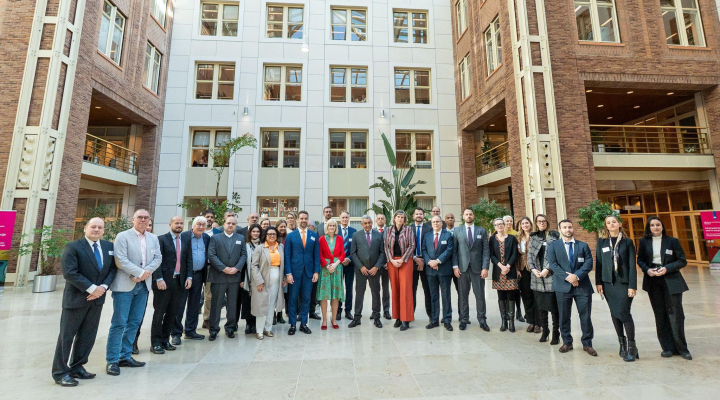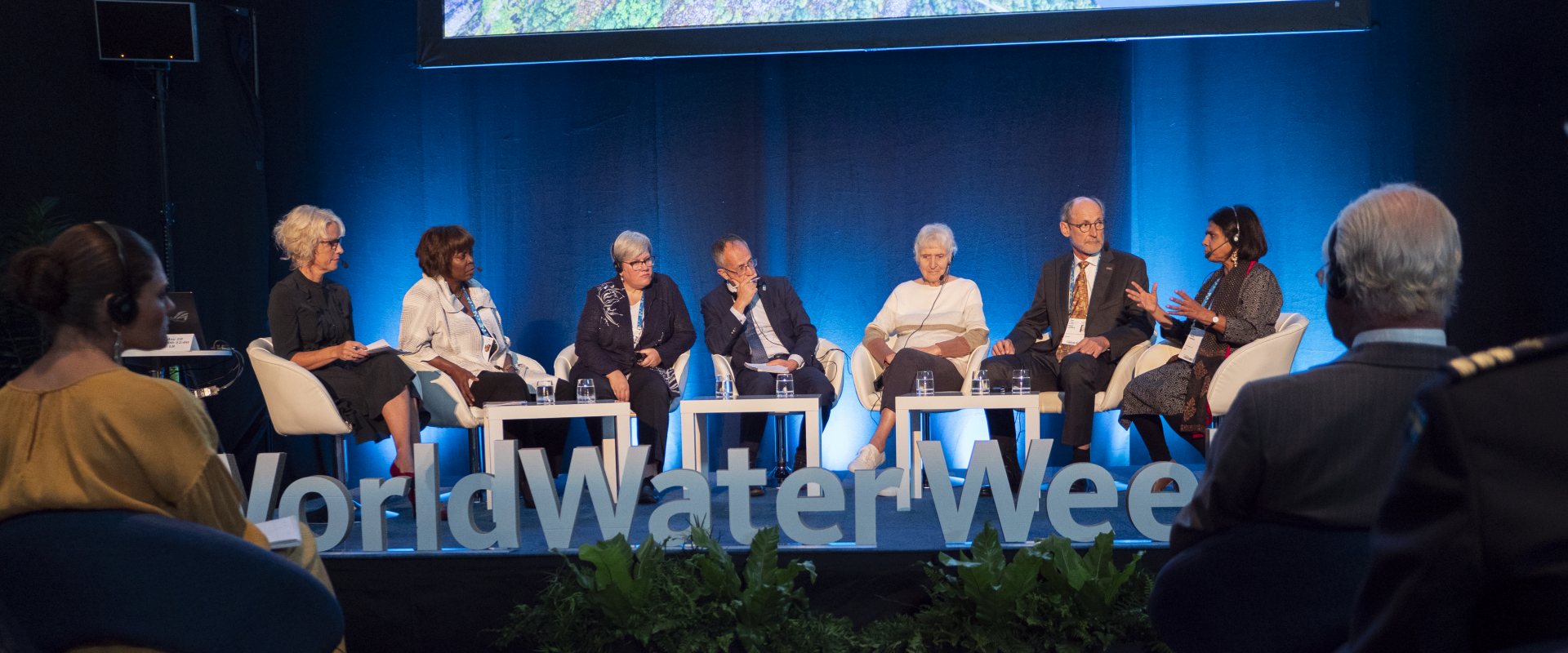
Stockholm World Water Week: Finding the healthy river flow
"We have lost the flow of the river in so many places. Water vanished, dams appeared, and sediment filled them up. It is time to look after the ecosystem of rivers better if we want to keep the flow", warned Dr. Jackie King, winner of this year’s Stockholm water prize.
River flow pioneer
Jackie King is a South African aquatic ecologist who got drawn into river hydrology when trying to reverse the degradation of the Lephala river in 1992. Over the years she became a river flow specialist, developing several models with a strong socio-economic component for predicting the impacts of changed river flows on the users of river resources.
On of the sessions at the Stockholm World Water Week on 28 August, was dedicated to her work. Experts in the field discussed the specific need to keep rivers flowing in times of climate change with extreme rains and longer periods of drought. The session was attended by King Carl XVI Gustaf of Sweden and Crown Princess Victoria.
Ecological and social costs
At the session King praised the South African water law that is based on river basins and includes minimum flow standards to safeguarded the ecology of the rivers, especially during droughts.
King recognized the benefits communities have from dams, such as electricity and water for irrigation. But at what cost, she asked. "Dams change the flow of rivers and in combination the pollution, the fish disappear and communities along the river lose their main source of protein".
She urged for environmental assessments to be made upfront of plans to construct a dam. This way the environmental and social aspects can be included in the design of the dam. Today’s common practice is to study the effects once the plan is ready.
Climate change
One of her colleague river experts at the session was Hubert Savenije, emeritus professor of hydrology at the Delft University of Technology. He sees rivers as living systems that react to changes in the landscape. Initially rainwater is stored in the root zone of plants and the runoff from this zone feeds the river, he lectured.
According to Savenije rivers will adjust to climate change as ecosystems respond to more extreme rainfall and droughts. “The ecosystem engineers its environment", he said. "To survive longer periods of drought, the moisture zone grows allowing for plants to overcome longer periods of drought".
Emergency situations
Of course, the session also mentioned the water crises in Cape Town. The minimum river flow standards, praised by Jackie King, did not prevent for the water reservoir to almost run dry. Savenije said it was inevitable for South African politicians to decide to set the environmental standards aside to allow the last remaining river water to be used for the city’s water supply. "It was all too late", Savenije commented. "Restrictions on upstream water use should have been installed a year earlier".
Completely abnormal
The session addressed the devastating decisions by politicians in emergency situations in case of extreme low river flows. "Remaining the flow has the least priority", said Sunita Narain, director general of the India-based Centre for Science and Environment. Narain urged for a better balance between minimal river flows and competing water needs. "We will end up with rivers having too little flow to be able to clean itself", she warned.
"This is not the new normal. It is completely abnormal", she stated clearly worried.





